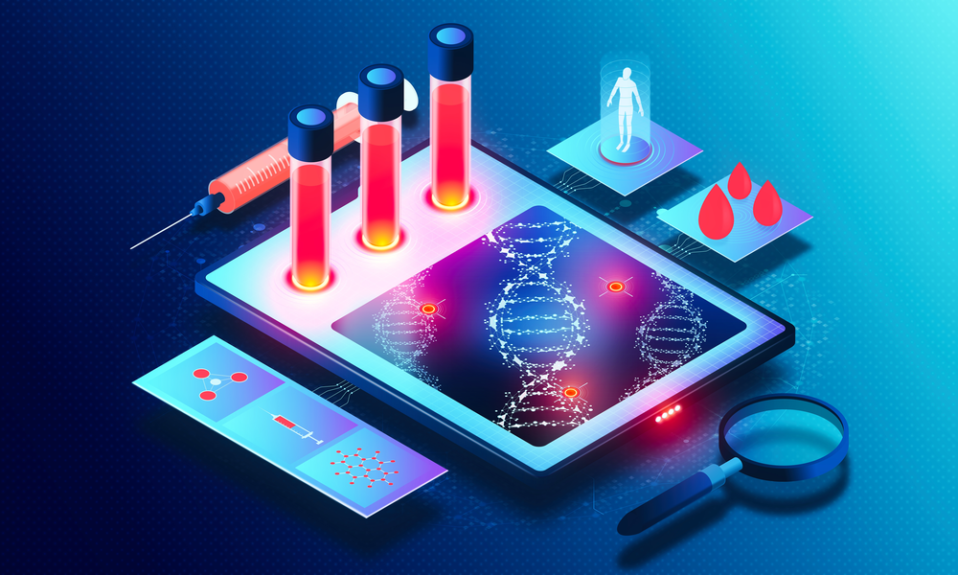A NEW TEST CAN IDENTIFY A RANGE OF CANCERS IN PATIENTS WITH NON-SPECIFIC SYMPTOMS.
One of the most troubling things about cancer is the time it can take to reach a diagnosis if the symptoms are not clear-cut. While some cancers are easy to identify and test for, some patients spend months battling symptoms such as fatigue and weight loss before the correct tests are ordered. A University of Oxford study recently highlighted a new type of blood test that can detect a range of cancers and whether these cancers have spread (metastasized) in the body. This test will allow patients to access treatment faster.
The study analyzed samples from 300 patients with non-specific but concerning cancer symptoms, such as fatigue and weight loss, to determine whether this new testing method could identify patients with a range of solid tumors from those without cancer. After successfully testing animal models, the researchers were pleased to see that the success was transferable to humans.
Study Results
The results show that this test correctly detected cancer in 19 out of every 20 patients and 94% accuracy in identifying metastasis. These results make this test the first technology able to determine the metastatic status of cancer from a simple blood test without prior knowledge of the primary cancer type.
Study Impact
The ability to detect cancers earlier means patients are more likely to have successful treatment outcomes. This rapid and inexpensive test could help overcome many barriers to the early detection of cancer, especially in patients with non-specific symptoms, which do not direct investigations toward a specific organ and rare cancers.
These game-changing findings exhilarate cancer experts across the globe. The high success rates of this study suggest that medical professionals will soon be able to accurately, timely, and cost-effectively diagnose patients with suspected cancer. This development will save patients time, money, and – most importantly – their lives.
While these findings are exciting, the tests are not yet widely available. Future studies with larger patient cohorts must further evaluate this technique for the earlier detection of new cancers and potential clinical applications.

